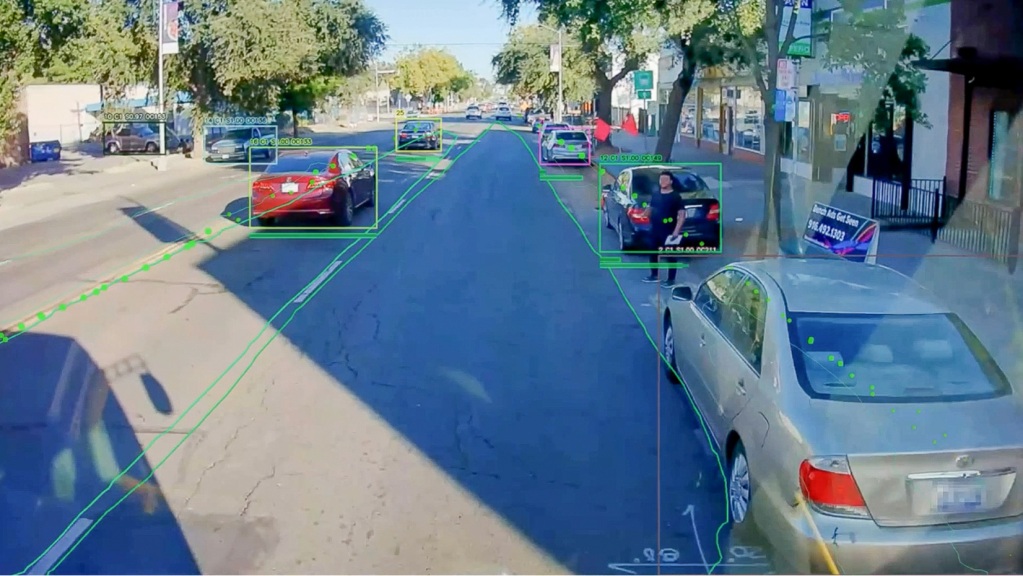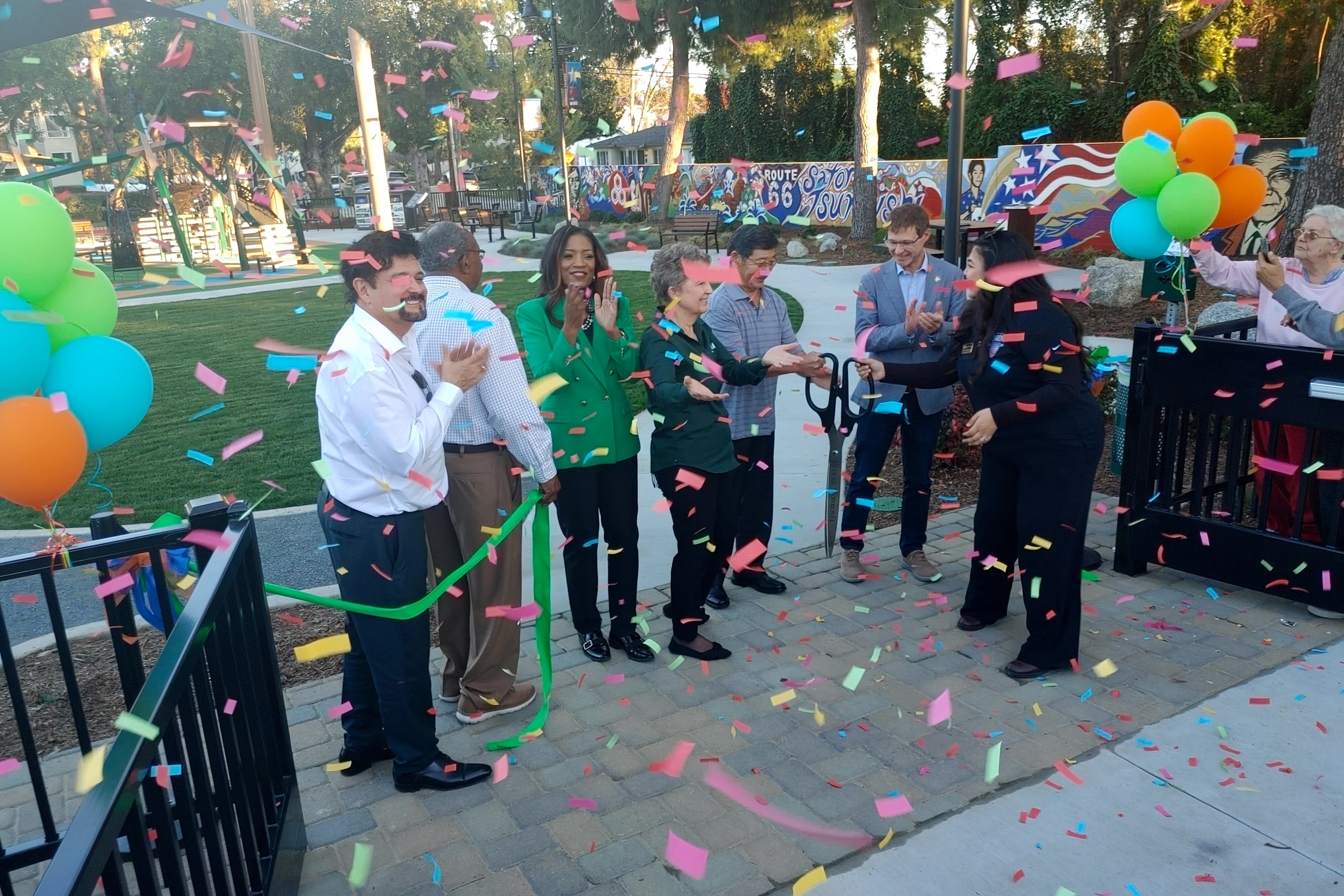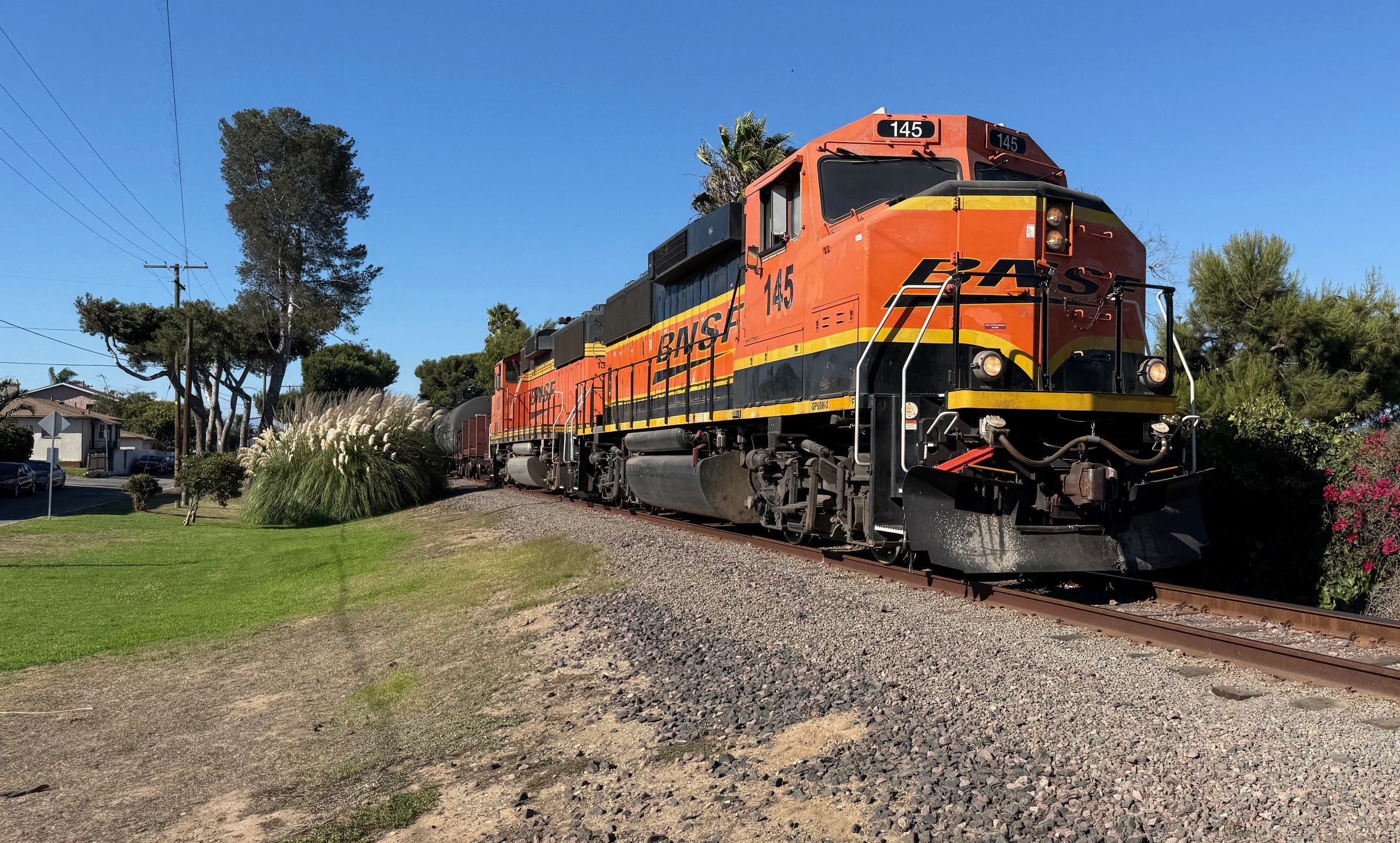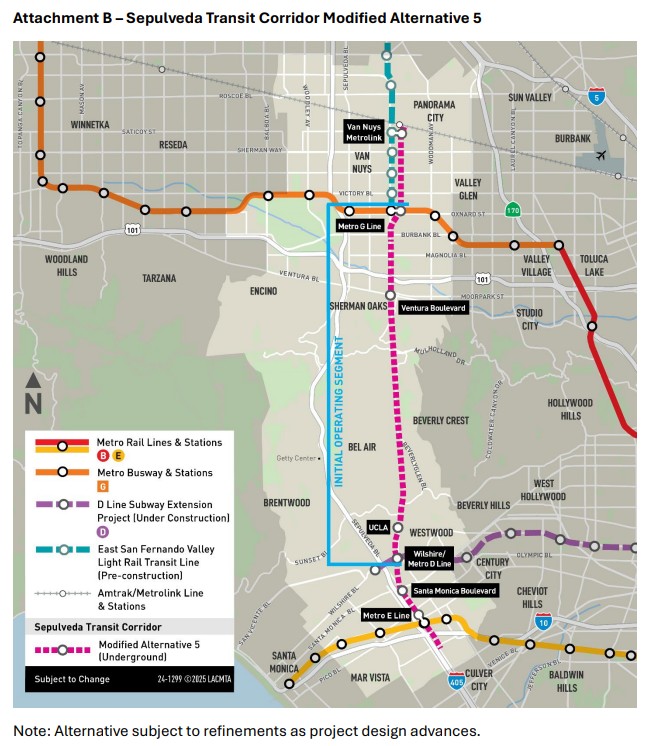A new bill introduced by Senators John Hoeven (R-ND) and Amy Klobuchar (D-MN) would further entrench rules that make it difficult for crash investigators to access black box data from cars.

Nearly all light passenger vehicles have event data recorders (EDRs) installed in them, which record everything from speed to seat belt use, though the data is erased almost immediately unless a crash is detected. As we've reported in the past, with current EDR technology, a collision with a person that isn't in a car often isn't forceful enough to trigger an event record at all.
But EDRs that do record crash events can take some of the "he said, she said" out of the ensuing investigation and provide some needed accountability for dangerous driving. As it happens, a lot of politicians are mobilizing to limit that accountability.
Hoeven and Klobuchar introduced a bill last week (though they previewed it in the fall) that would make all data collected by a car's black box the property of the car owner. The data could only be accessed by anyone else on the order of a judge or for a small number of other scenarios.
In a proposal last year to make EDRs mandatory in all new cars, the National Highway Traffic Safety Administration also emphasized that the data is the sole property of the car owner. That rule is expected to take effect this fall.
Currently, 14 states have passed laws restricting black box data to the car owner. Bill sponsor Hoeven signed one of those into law when he was governor of North Dakota. The national bill would force this approach across the country and make it that much harder for investigators to promptly access crash data.
Cars are increasingly connected to the digital world, and drivers routinely allow detailed information about their movements to be accessed by third parties. Google's traffic reports, for instance, are crowd-sourced from information from millions of drivers' smart-phones, and the company can now let you know when the restaurant you're passing has a happy hour special you might like.
The information collected by EDRs is actually much less invasive -- it just records the moments leading up to a collision. About the only thing that data can be used for is to determine the cause of a crash and who was culpable, and for some reason a lot of senators want to make that harder for law enforcement.






